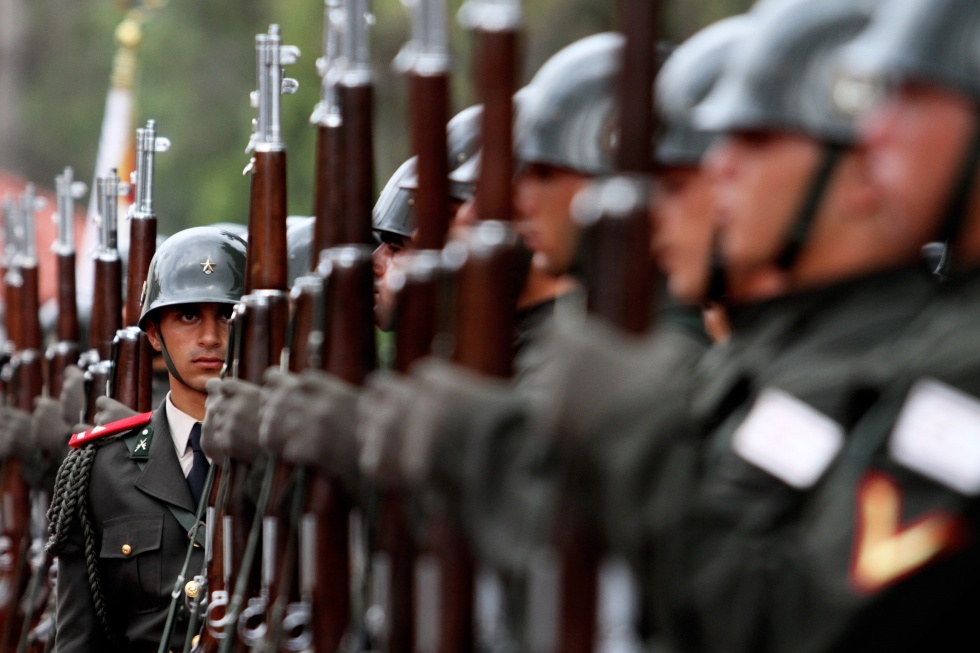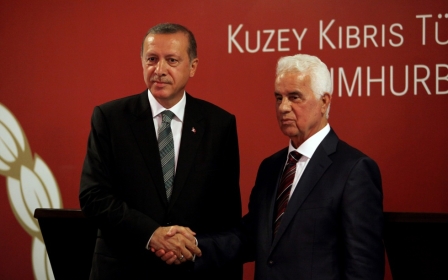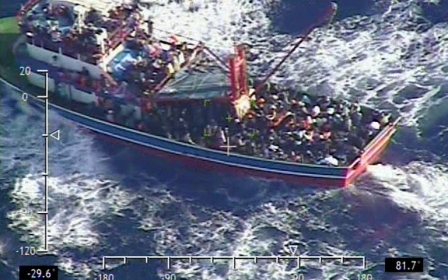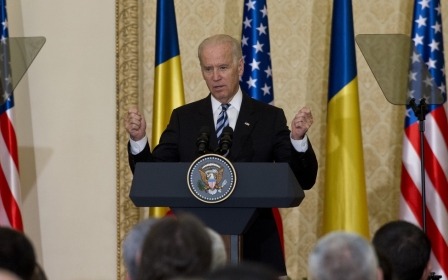Cyprus to block Turkey's EU membership bid over drilling

Greek Cypriots are set to file a formal complaint against Turkey with European Union leaders in response to the country’s gas exploration expedition in waters claimed by Cyprus.
Cyprus’ National Council announced the decision on Tuesday, saying they will send a formal complaint to EU leaders during a Council of Europe meeting next week, seeking to block Turkey’s attempts to join the EU as a response to the country’s decision to send a warship into the Cypriot Exclusive Economic Zone (EEZ) to conduct seismic surveys.
An EEZ is an area designated by the UN to be used specifically by one state for the purpose of exploration for natural resources, thus making Turkey’s move a violation of the United Nations Convention on the Law of the Sea.
Cypriot government spokesperson Nicos Christodoulides said that the official measures against Turkey include a formal complaint to the UN Division for Oceans and Law of the Sea, the International Maritime Organization and possibly the UN Security Council.
He also said that Cyprus, an EU member, would not give approval to any new steps in Turkey’s EU accession talks. New members have to be approved by all EU states in order for their entry to be finalised.
Turkey has sought ascendancy to the EU for many years and though some commentators have claimed former Prime Minister – and current President – Recep Tayyip Erdogan is less concerned than previous Turkish leaders with membership, he reiterated his commitment to joining the union in his augural presidential address in August.
"Turkey's path to the EU, which is a strategic target, will continue more decisively," he said.
Turkey formally recognises the Turkish Republic of Northern Cyprus (TRNC) as the legal government on the island, while Greece (and the rest of the international community) recognises the ethnically Greek Republic of Cyprus government.
Turkey’s foreign ministry has argued that sovereignty over energy resources in the seas around Cyprus should be shared evenly among both administrations.
“Turkish Cypriots also have the right [to use them]. It is unacceptable that Greek Cypriots want to use them exclusively”, Turkey's foreign ministry said.
Greece has backed the Republic of Cyprus in its confrontation with Turkey
"The Turkish frigate entered the Exclusive Economic Zone of Cyprus," the Greek government said in a statement. "This constitutes a violation of the international law of the sea.
"Greece invites Turkey to change course, to move within the legal framework to continue the Cyprus negotiations," Greek Foreign Minister Evangelos Venizelos said in the statement.
Cyprus gained independence from the UK in 1960, sparking years of inter-communal violence between Greek and Turkish Cypriots.
In 1974, a coup took place in Cyprus backed by the Greek military government, which sought to unify Greece and Cyprus by installing a pro-unity dictator.
The Turkish army responded by sending its own troops to the island, sparking a bloody month-long conflict that ended with a ceasefire that partitioned the island into two areas – a north and south - separated by the Green Line.
Turkey has never formally recognised the Republic of Cyprus or its maritime borders and in 1983 the north broke away to form the TRNC, a state formally recognised only by Turkey.
Negotiations to secure a lasting peace and discuss the possibility of creating a unified federal Cypriot state were supposed to have moved on to a new phase by 9 October.
However, the controversy over the EEZ led to the breaking off of talks.
"Negotiations are the only way to reach a solution," said TRNC President Dervis Eroglu, calling on the Greek Cypriot side to return to the negotiating table to reach "a fair, sustainable and negotiated solution."
Middle East Eye propose une couverture et une analyse indépendantes et incomparables du Moyen-Orient, de l’Afrique du Nord et d’autres régions du monde. Pour en savoir plus sur la reprise de ce contenu et les frais qui s’appliquent, veuillez remplir ce formulaire [en anglais]. Pour en savoir plus sur MEE, cliquez ici [en anglais].




